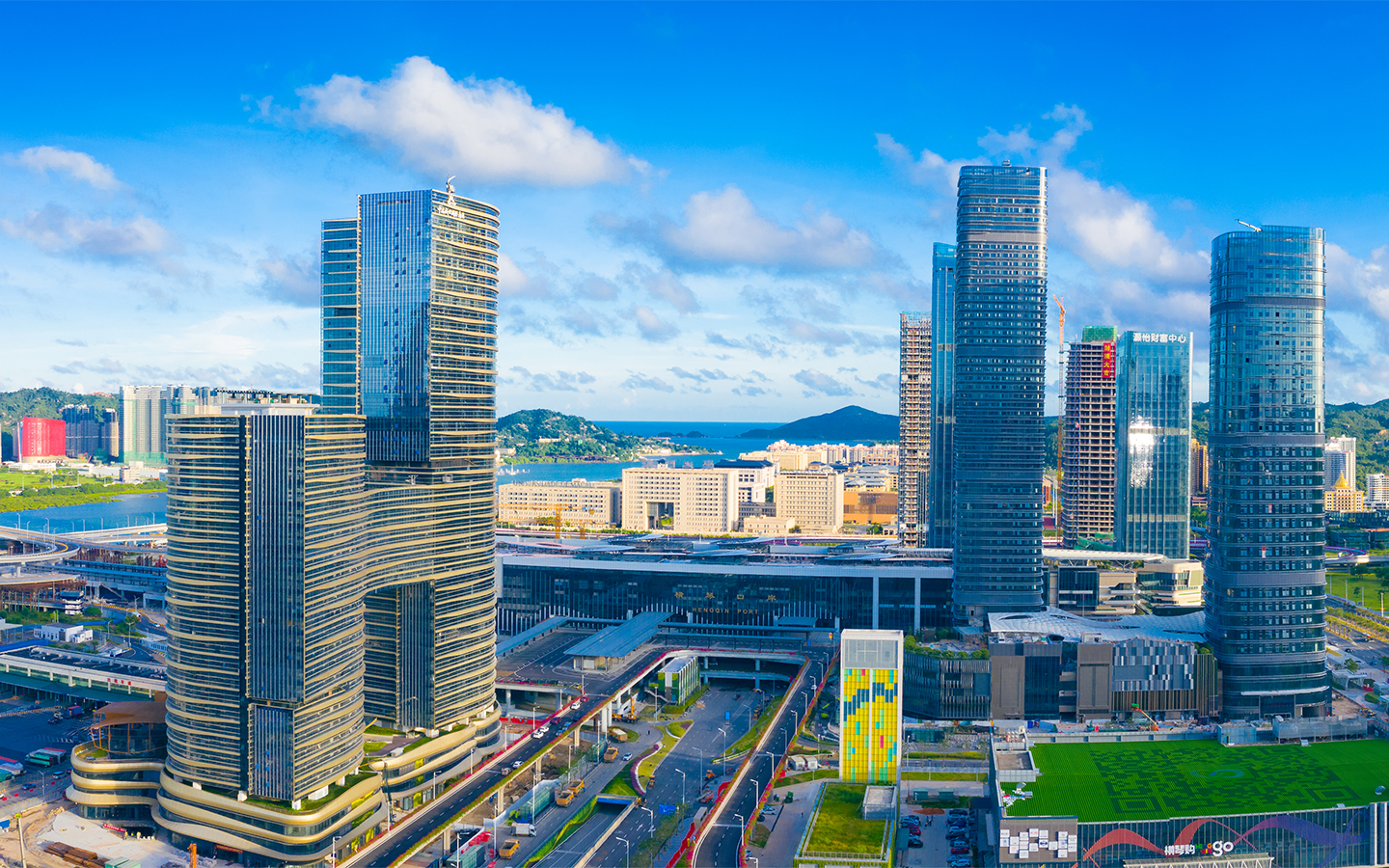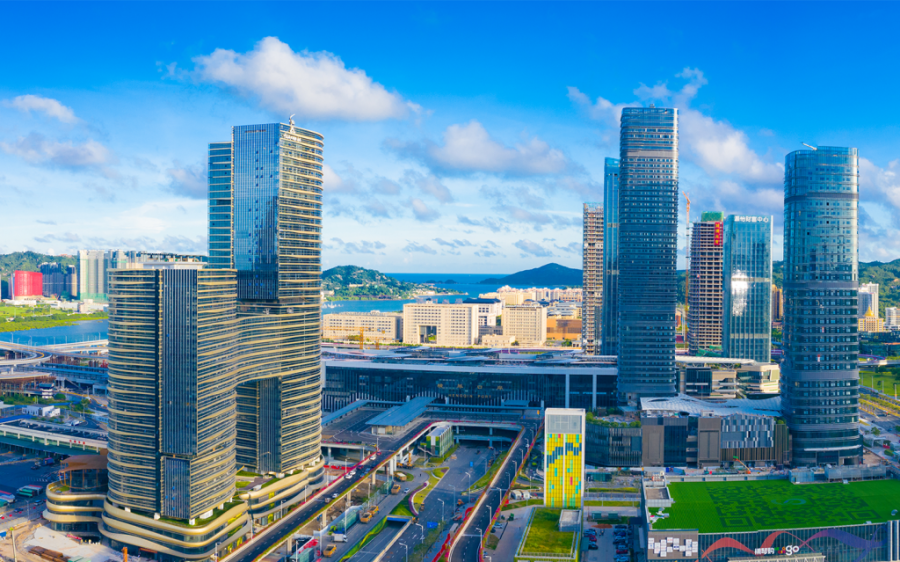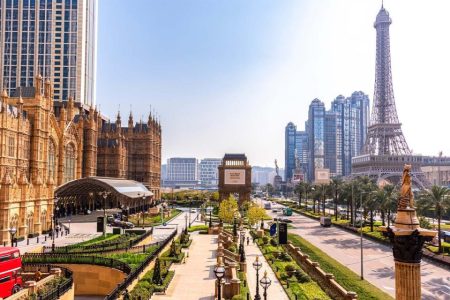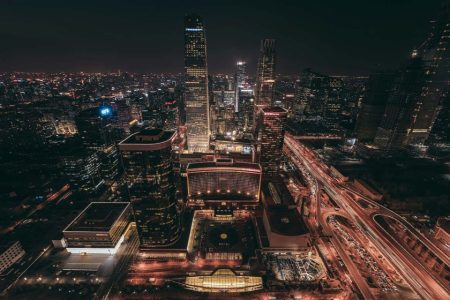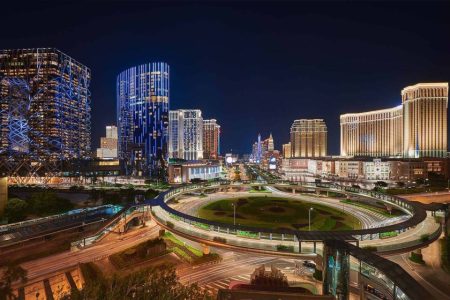Macao Chief Executive Ho Iat Seng has stressed that an innovative approach is the key to the successful development of the Guangdong-Macao In-depth Cooperation Zone in Hengqin.
Following on from the formal announcement of the mega-project last Sunday, Ho pointed out that the project’s master plan involves the governments of both Guangdong and Macao, which have different legal systems but nevertheless will be able to co-administer the cooperation zone.
Ho said that the 106-square-kilometre zone is different from the Nansha and Qianhai development zones in Guangdong and emphasised that Macao’s civil and commercial laws will be implemented in the zone, but that public security matters will continue to be handled by mainland laws.
Ho also said that the zone’s customs management would be easy because Hengqin is an island. He said that with the exception of some non-domestic products such as automobiles, which will continue to be subject to customs duties in the zone, the price of imported daily necessities would be basically the same as in Macao.
Hengqin lies just a few hundred metres west of Macao’s Cotai entertainment precinct.
Ho also said that apart from extreme internet content opposed to the Communist Party of China (CPC), other online content that can be received in Macao can also be received and used in Hengqin.
“The business and daily life in the zone will basically be similar to Macao,” Ho said, adding that Hengqin will offer Macao residents “a lot of convenient and livable space.”
The chief executive also said that Macao’s six gaming operators were welcome to invest in non-gaming businesses in Hengqin. However, he urged them to invest in projects other than hotels, considering that many hotels and other tourism facilities are already being developed in the zone. He recommended investments in cultural and sports facilities instead.
According to Ho, Henqgin expects to receive 10 million tourists a year, with local authorities now having a say in the future joint executive commission on what tourist projects could be advanced in the area.
The four main focus areas included in the plan for the cooperation zone include technology and high-end manufacturing, Traditional Chinese Medicine (TCM), tourism and MICE, and finance.
The general plan points out that the cooperation zone should help Hengqin develop into a high standard international leisure tourism island; support developing Macao as a world tourism and leisure centre; and establish tourism-related industries, such as leisure and vacation, convention and exhibition, sports event tourism.
Ho reaffirmed his government’s goal of developing a diversified economy in Macao. He said the idea was not to transfer certain investment projects from Macao to Hengqin. As far as the approval of investment projects in the zone is concerned, more emphasis will be placed on their innovative aspects, Ho said.
Ho, a former Macao business community leader and speaker of the local legislature, said the point was not for business people to close their restaurants or shops in Macao in order to move them to Hengqin but, instead, to open new restaurants or shops in the zone to sell, for instance, Macao speciality products there.
The chief executive also said that as far as Macao’s GDP is concerned, the investment of Macao-registered companies in the cooperation zone will be included in Macao’s GDP calculation, in accordance with international statistical standards.
Addressing concerns about the project’s possible implications resulting from differing political systems in Macao and the mainland, Ho said it was inappropriate to involve too much politics in Macao’s economic development.
Ho was adamant that “if you have no confidence in the cooperation zone, you can choose to stay in Macao,” adding that the government will not force anyone to invest in Hengqin.
Ho said one of the main points of the in-depth cooperation zone is to provide Macao’s economy with more space, adding that the zone would offer local people alternative livelihood opportunities, reported The Macau Post Daily.
